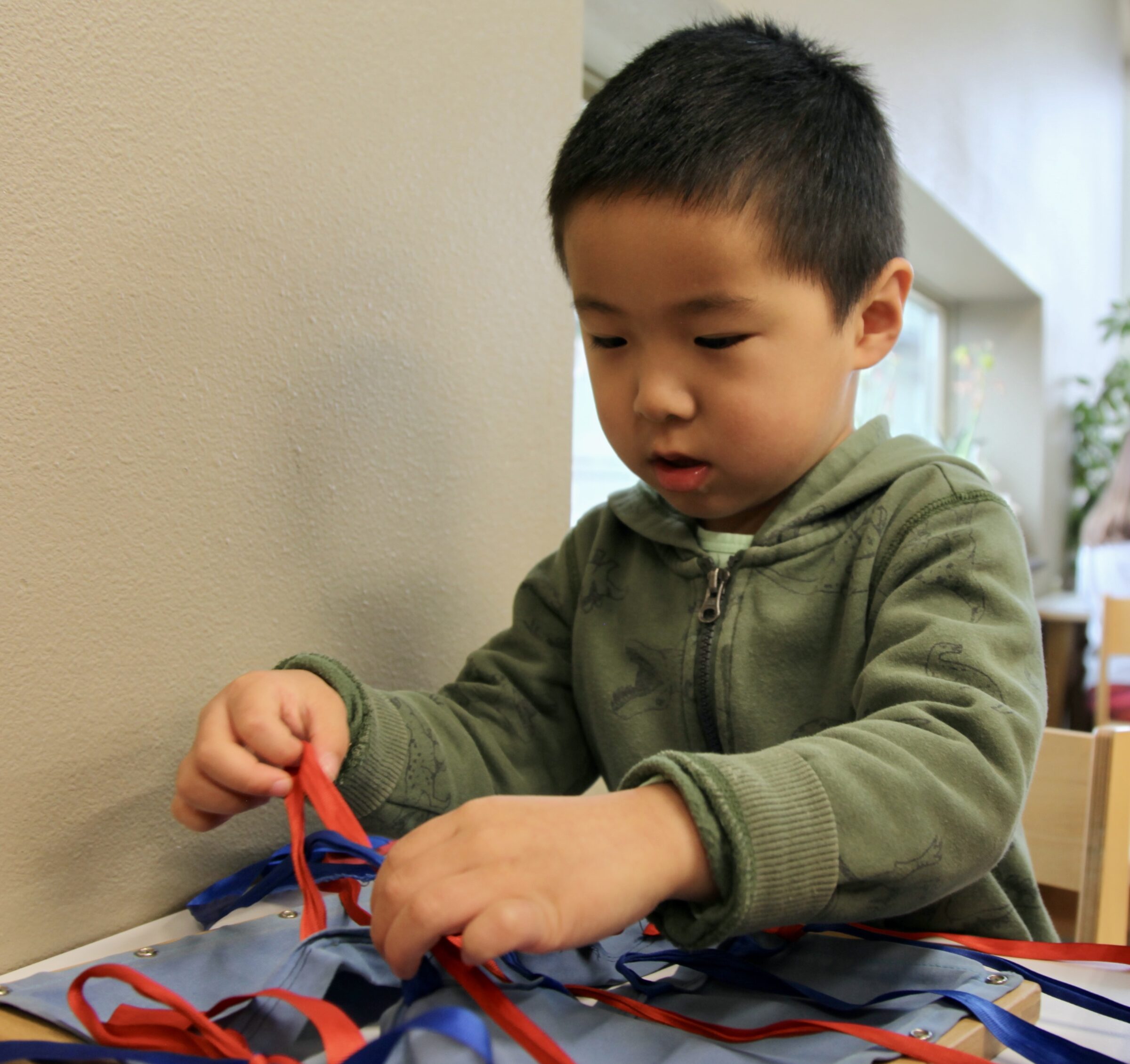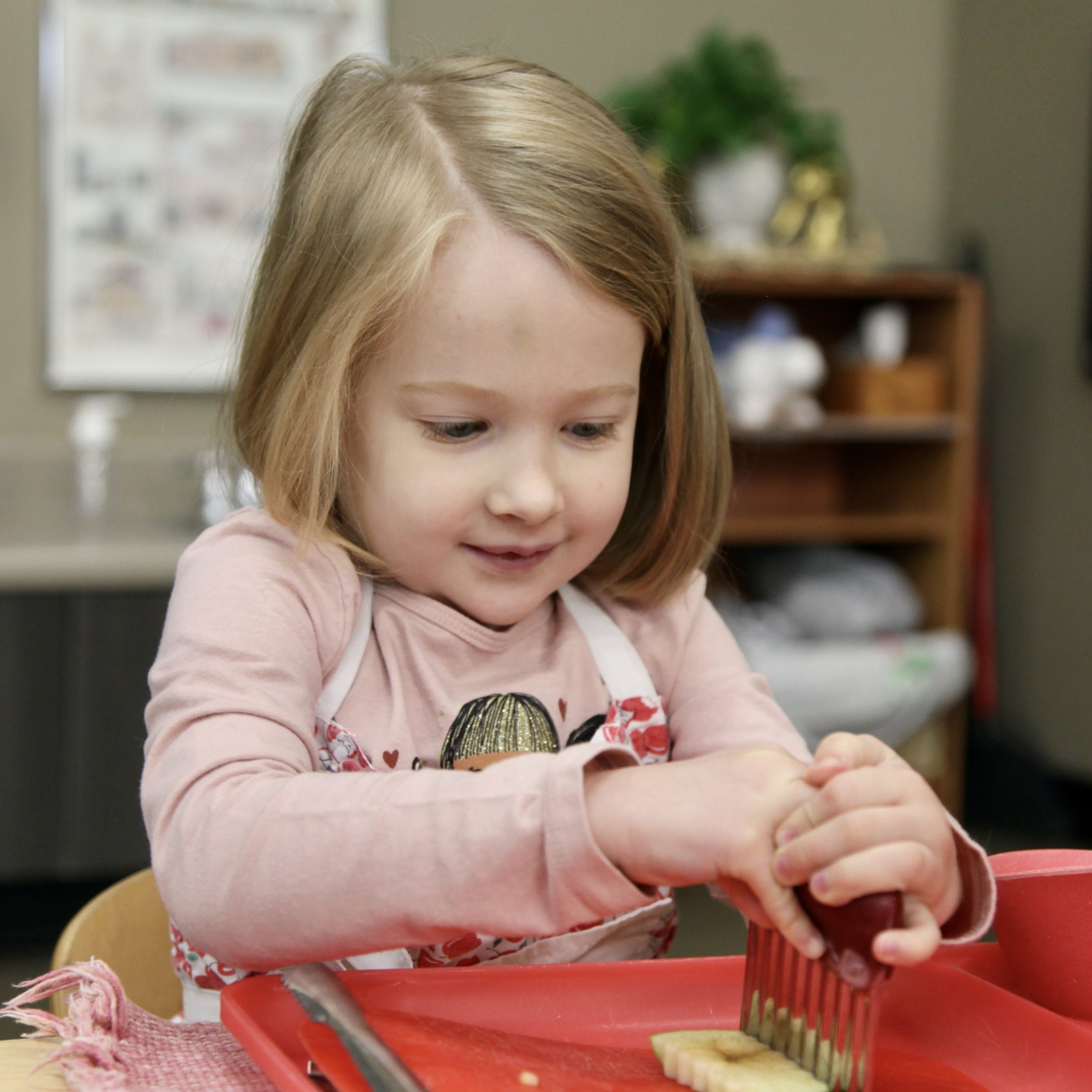When Worksheets Are Montessori
Podcasts
It’s the beginning of the year. Since we have so many new families starting, and since the start of the school year always seems like the perfect time to try something new, to improve systems, to implement more Montessori at home, we like to have our first Parent Education event focused around this subject.
We spent the Summer focusing on Montessori principles that translate well into home life, things such as routine and following the child. Here’s a link to that series of posts and podcasts.
Since this isn’t the first time we’ve covered this topic, we thought we’d try to provide different suggestions. It’s so natural for families to want to support a child’s development, after all, it’s their whole job! It’s such a tremendous responsibility, and we all take it to heart. We want to support children the best we can, to set them up for success the best we know how.

While we’ve discussed previously how, and we truly believe this, regular family life is one of the best ways to support all aspects of a child’s development — academics, character development, a sense of belonging, a sense of tenacity.
But sometimes even worksheets can be Montessori. If you’ve had experience in Montessori, perhaps this makes you cringe. Perhaps your initial reaction is bristling, or even something more dramatic. Perhaps you read that and think, phew, I can pull out my flashcards again!
“We want to support children the best we can, to set them up for success the best we know how.”
This is still a moment for Following the Child. All of those responses are still adult-directed. There is space for worksheets, and flashcards, and chores, and cooking, and helping with laundry, and so much more. It can all be Montessori, when it’s Following the Child.
I have loved math as long as I can remember. As a Montessori child, I have little experience with learning in a non-Montessori way. I do not take this lightly, and I know it’s a gift.
I also remember trips to Costco and begging for BrainQuest packs or workbooks. I remember the thrill of new pencils and how fun learning to use an abacus with my dad was. I also remember baking cookies, and trips to the library or the aquarium, and planting and roofing. All of it was Montessori.
We accidentally pigeonhole ourselves when we label what is and what isn’t “Montessori.” Worksheets are fully appropriate when they’re child-directed, and just as worthwhile a play choice as Legos or reading or dinosaurs. A pretend kitchen might be imaginative play, but real cooking is math and creativity and science. Reading about whales, or a trip to the aquarium, or a trip to the ocean, they’re all enriching.
Worksheets aren’t Montessori when they’re forced, or when they’re off-limits. When you love math, and it’s fun, why would you want to save your favorite activity for just those school hours?

We strongly recommend engaging in activities that aren’t available in the classroom, leaving the Montessori materials for work time and home activities for, well, home! The Binomial Cube is at school, but a Rubik’s Cube, or a wooden puzzle, or Tetris are all developing logic, task persistence, and creativity.
The Sandpaper Letters are at school, but writing a letter or even a text to Grandma, reading Goodnight Moon for the ump-teenth time, or a maze or word search or even coloring are all developing the brain-hand connection, emphasizing reading as an important and valuable tool, and helping a child create a strong positive emotional association with literacy.
“When you love math, and it’s fun, why would you want to save your favorite activity for just those school hours?”
The Cards and Counters are at school, but dot-to-dot activities, preheating the oven to 375* in order to bake three dozen cookies, or counting black cars on a road trip are all developing fluency with numeracy, math as a useful everyday tool, and a child’s joy in using and showing off their math skills.
There is space for worksheets and flashcards. There is space for reading and for making daisy-chains. There is space for collage and art, and making dinner and doing the laundry. There is space for sudoku and word searches and crossword puzzles. When we take away our own expectations, there is space for it all, and this is when we’re Following the Child. It’s when we put our own “must” or “should” or “can’t” that we lose focus, lose sight of the objective, and forget how fun homework really is.
Written by:
Charlotte Snyder



